HHS Region 10
Oregon
All:Ready
Tri-County Portland, OR
Cohort 9 - 2020
NLAPH
Overview
By 2028, the All:Ready network will redesign how they work together so that race, class, and disability no longer predict families’ access to and use of quality early childhood supports and services that ensure readiness for Kindergarten and beyond.
Team members
Elizabeth Carroll
Multnomah County Public Health Department
Kari Lyons
Health Share of Oregon
Molly Day
United Way of the Columbia-Willamette
Peg King
Health Share of Oregon
Resa Bradeen
Metropolitan Pediatrics
Collaborative of Southern Oregon
Coos, Curry, Douglas, Jackson, & Josephine Counties, OR
Cohort 9 - 2020
NLAPH
Overview
The team plans to use a collective impact model to increase communication and cooperation among multiple sectors and stakeholders, including community members. They hope to increase the capability of the team and stakeholders to engage in a collective impact approach and plan for long-term work to address problems in areas where there is a lack of affordable housing and access to healthcare, where people are generally older, sicker, less educated, poorer, and more rural.
Team members
Analicia Nicholson
Douglas ESD
Brian Mahoney
Douglas Public Health Network
Kelly Wessels
United Community Action Network
Michael Lasher
Douglas Education Service District
Michelle Glass
SO Health-E, Southern Oregon's Regional Health Equity Coalition
Yellowhawk - Pamanaknuwi "Taking Care of Ourselves" Team
Umatilla Indian Reservation, OR
Cohort 5 - 2016
NLAPH
Overview
As a team within NLAPH’s Good Health and Wellness in Indian Country cohort, the team’s motto is to “create a culture of wellness through strategic planning and implementation of a Community Health Improvement Plan.”
They aim to collaborate across sectors and engage entities within the Confederated Tribes of the Umatilla Indian Reservations (CTUIR). The CTUIR is comprised of three tribes — Cayuse, Umatilla, and Walla Walla — and has nearly three thousand tribal members.
Their three identified leadership goals for the year include:
Engaging the community to emphasize that the community’s current health status is a shared responsibility
Coalition building by working with CTUIR Commissions and Committees
Increasing connectedness among Yellowhawk, CTUIR programs, and community members
Team members
Holly Anderson
Confederated Tribes of the Umatilla Indian Reservation (CTUIR)
Adrienne Berry
Yellowhawk Tribal Health Center
Karen Cook
Confederated Tribes of the Umatilla Indian Reservation (CTUIR)
Kelly Long
Umatilla Reservation Housing Authority
Carrie Sampson
Confederated Tribes of the Umatilla Indian Reservation (CTUIR)
Victoria Warren-Mears
Northwest Portland Area Indian Health Board
Lindsey Watchman
Nanette Yandell
Weave NV
Washington County 2014 Community Health Improvement Team
Hillsboro, Washington County, OR
Cohort 3 - 2014
NLAPH
Overview
The team will work to develop a collective impact approach to CHI planning for the County that addresses the three priority areas of improving health care access. The project aims at:
Decreasing chronic disease prevalence and reducing the incidence of suicide
Developing shared performance measures
Developing and implementing a shared and complementary cross-sector strategy to reduce chronic disease prevalence in the county
Developing and implementing shared and complementary cross-sector strategies to address issues related to mental health and substance abuse with a focus on suicide reduction
Team members
Erin Mowlds
Washington County Public Health Division
Joe Reisman
LifeWorks Northwest
Linda Nilsen-Solares
Project Access NOW
Maureen Quinn
Oregon State University
Future Generations Collaborative
Multnomah County, OR
Cohort 2 - 2013
NLAPH
Overview
FGC aims to repair relationships between Native and non-Native entities, particularly government; facilitate the creation of culturally-specific interventions; and promote healthy pregnancies in AI/AN peoples. They will do this by using a community-based participatory planning process that acknowledges historic injustices, integrates Native beliefs and culture, and invites leadership, input, and participation from Native community members. The main output of this project is a culturally-relevant community action plan that would promote healthy pregnancies among AI/ANs. The proposed approach will vastly increase community capacity by supporting Native leadership in health promotion planning to address social determinants and health disparities, as well as facilitate systems change.
Team members
Donita Fry
Native Amer. Family Center
Charmaine Kinney
Multnomah County Mental Health
Heather Heater
Multnomah County Health Dept.
Harmony Paul
Multnomah County Health Dept.
